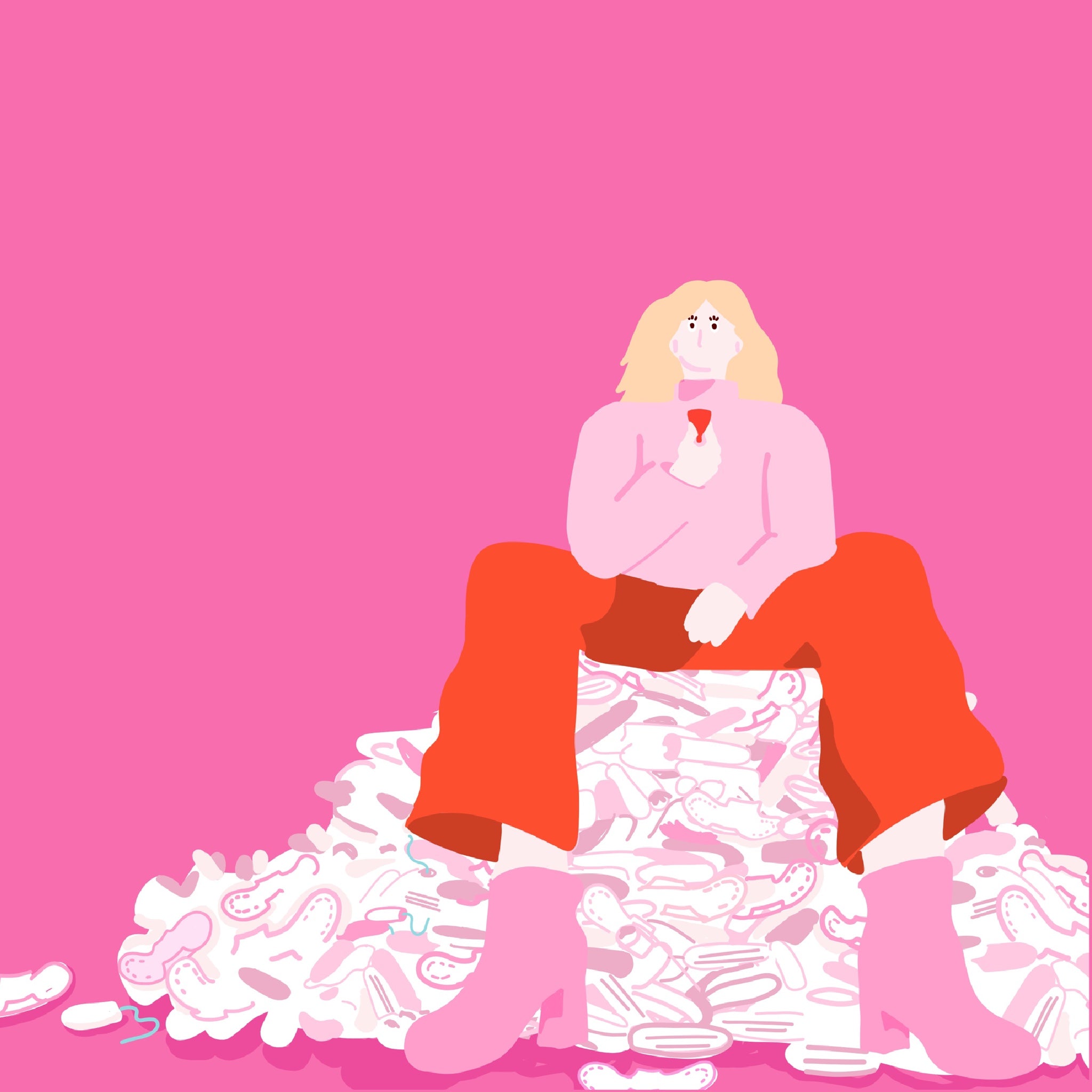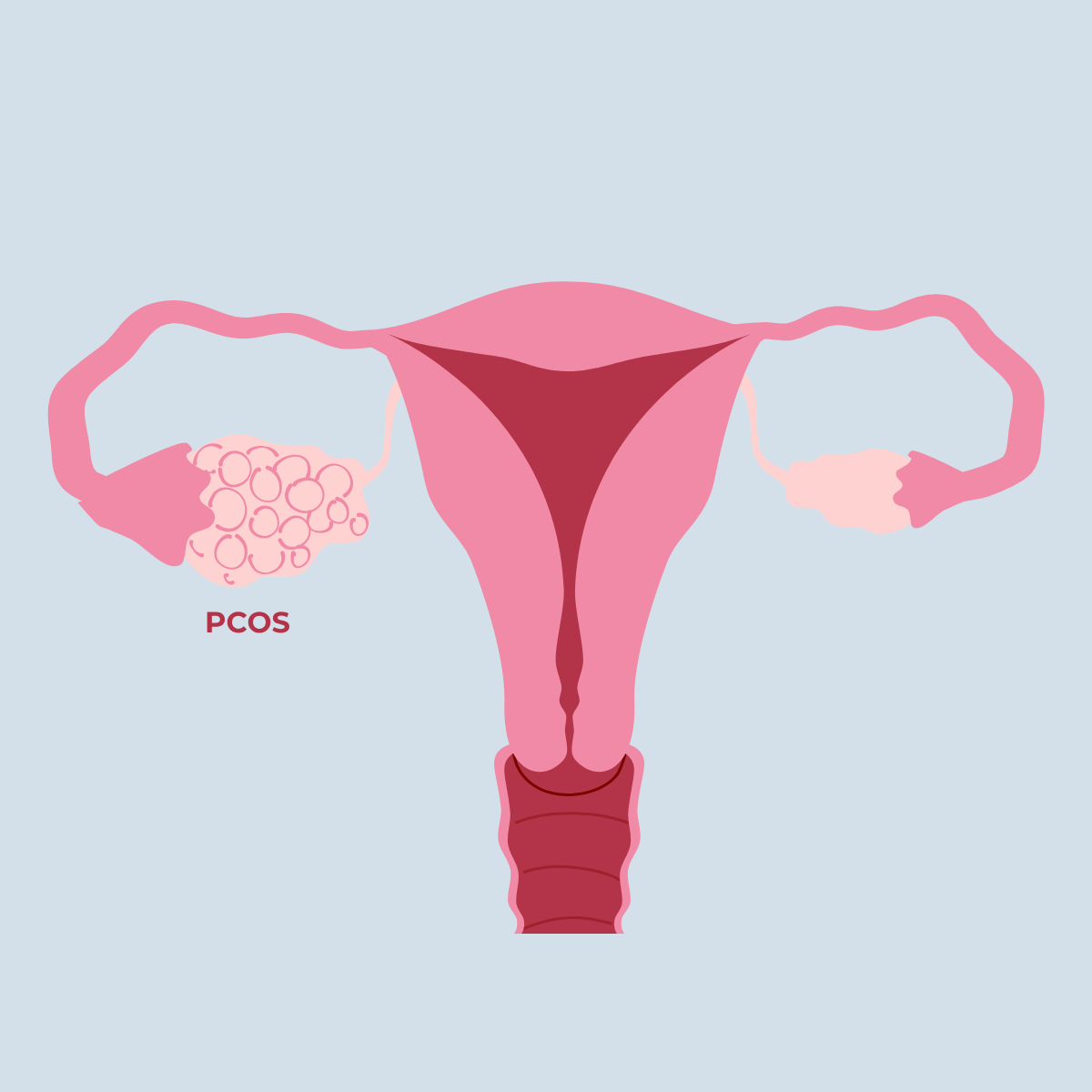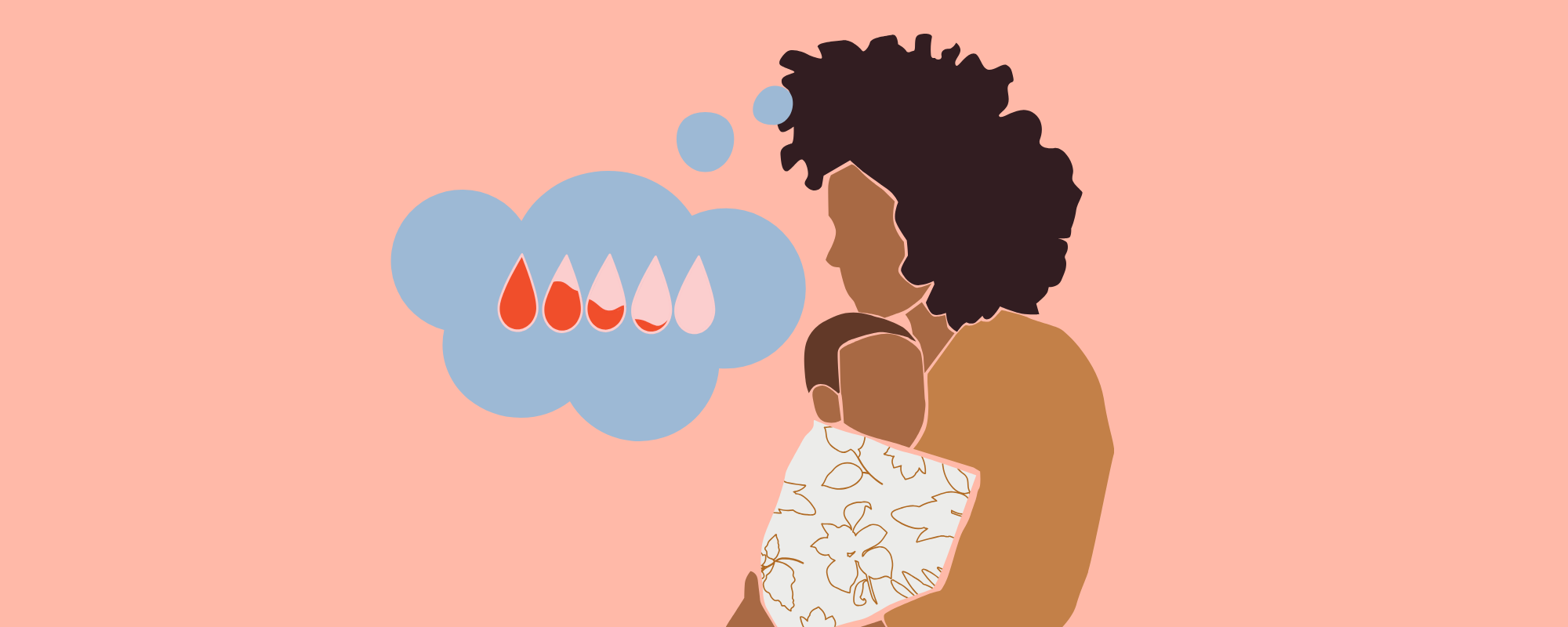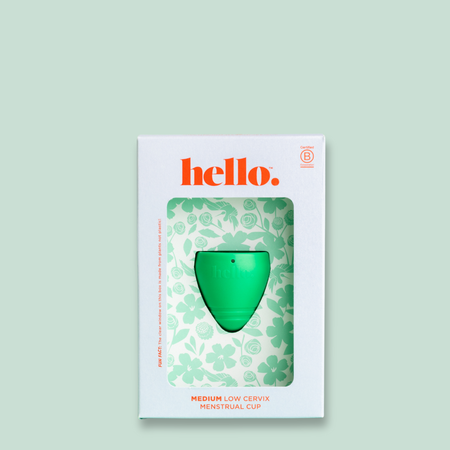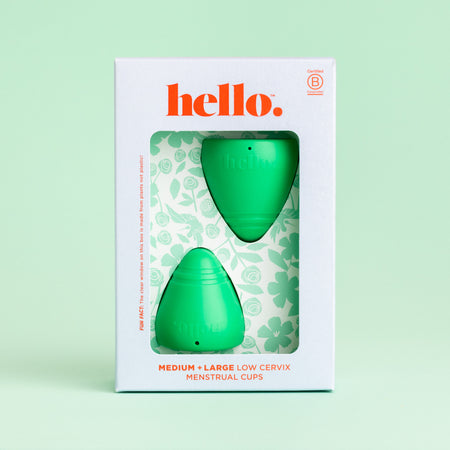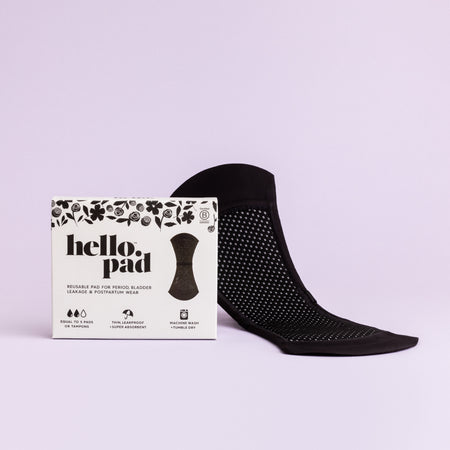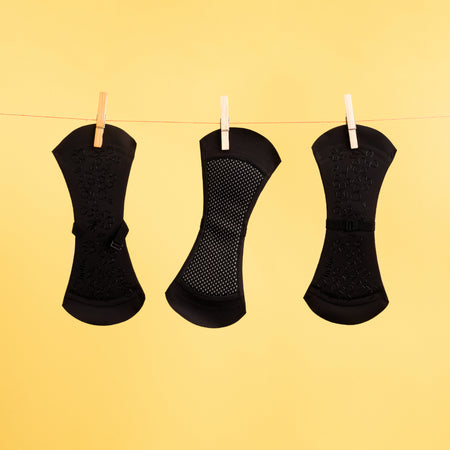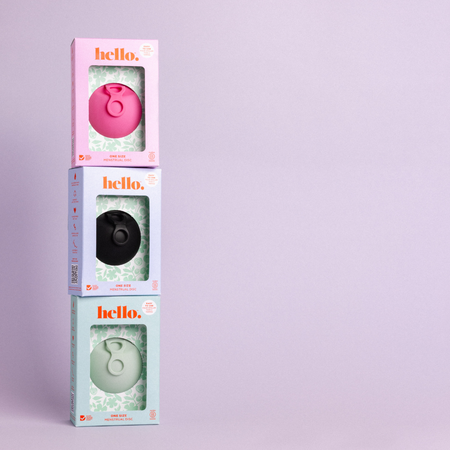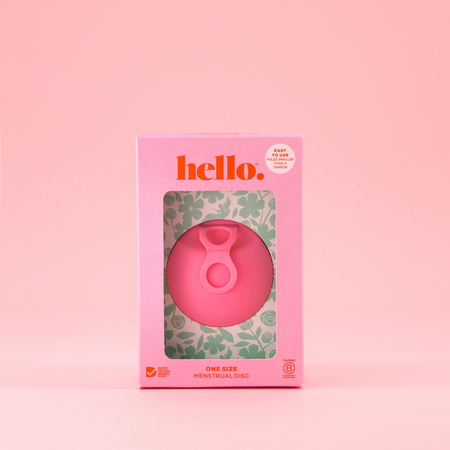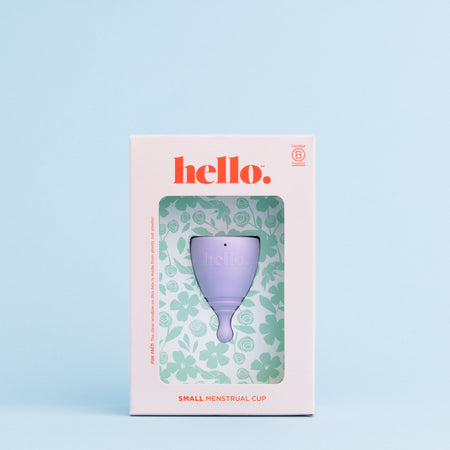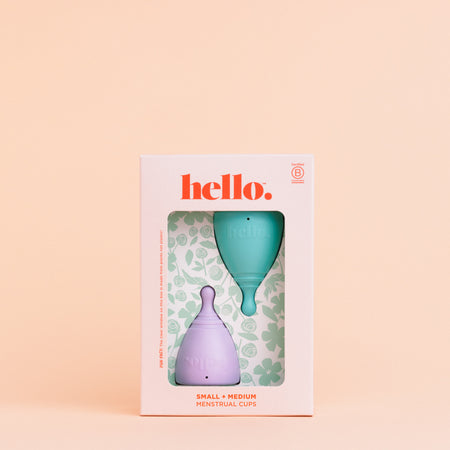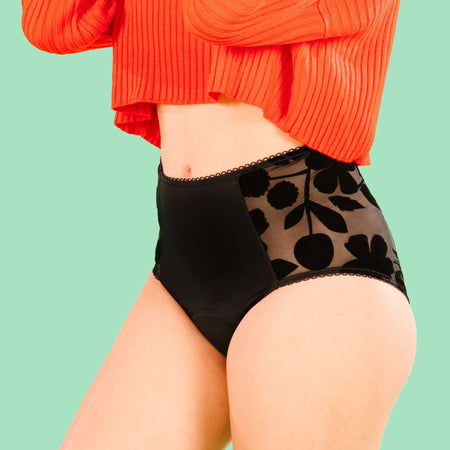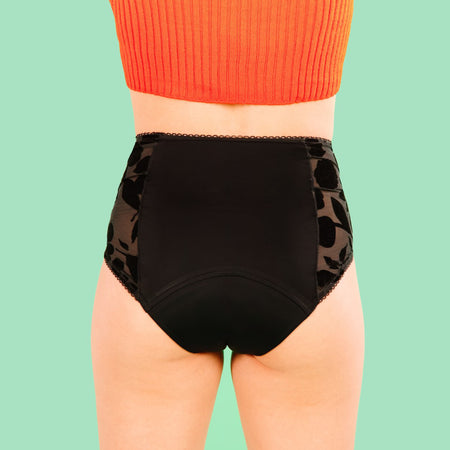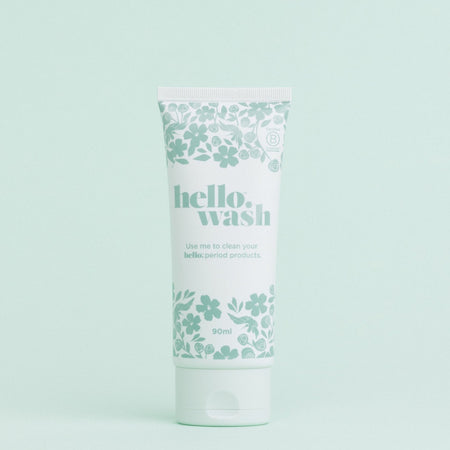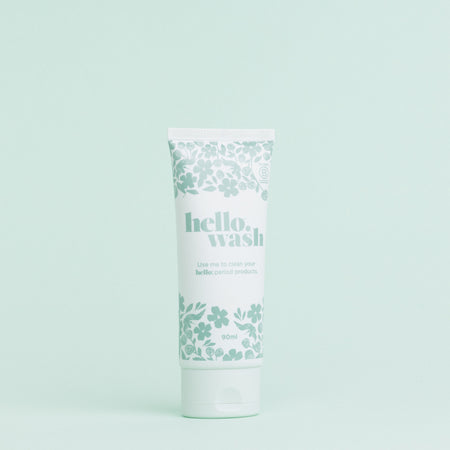Hello History: Period products over the years…
On average people with periods will spend roughly 2,500 days menstruating. All that blood has to go somewhere - and for centuries - absorbing it with single-use products and then throwing these away (or flushing down the loo) has been the norm globally.
The first pack of disposable menstrual pads was sold waaaay back in 1921. Back then, tossing period prodcts in the trash seemed to make sense. Fast forward to the 1970's and more than 70% of people with periods in the U.S. were using disposable tampons and pads.
Hello Landfills: The growing problem…
Here's what makes this new ‘norm’ even more worrying. It wasn't - and still isn't - just menstrual products filling up the rubbish. There are boundless products made and sold across the globe that are all wrapped in plastic and end up in the trash. And where does all that trash going to go?
Once your trash has left your home, if it can't be recycled or burned, its final destination is likely a landfill. While these facilities are designed to hold waste, the rate at which it piles up is much faster than it can decompose. Today, around 12 billion pads and 7 billion tampons from the U.S. alone end up in the trash every year.
Hello Materials: What Are Disposable Pads and Tampons Made From?
Some pads and tampons are made with cotton, but it's often been highly processed or bleached with chlorine to appear extra white and contains other synthetic materials that aren't biodegradable. Not so cute and fluffy any more!
Aside from plastic packaging and applicators, disposable pads and tampons can also contain plastics woven into the fibers and strings, in the protective and adhesive wings, and in coatings used to help with ease of removal.
Hello Planet: What Makes Single-Use Period Products Unsustainable?
Since single-use period products are packaged with and contain plastics that don't degrade naturally, every item that ends up in the trash is headed to the landfill to stay. Here they take over 500 years to break down due to the plastics they contain. The first tampon ever used is STILL somewhere on this planet, trying to disintegrate. UGH.
On top of that, the process used to make these types of plastics puts a higher demand on the use of fossil fuels, which are nonrenewable and major contributors to environmental pollution.
Hello Future: Ways To Have A More Sustainable Period
Throwing away a box worth of tampons or pads every month may not seem like a lot, but every piece of trash you keep out of the garbage is one less that will end up in a landfill. Every action counts, and switching to reusable period products is a simple change you can make that will have a MASSIVE impact (and be kind on our wallet too!).
Options For Reusable Period Products
The Benefits of Reusable Period Products
Reusable products are more sustainable and eco-friendly, but did you know reusable period products like Hello Cups and Hello Discs will last as long as five years and save the equivalent of over 2,000 single-use period products from landfills? That's A LOT of plastic.
Switching to reusable period products will also be waaaay kinder to your budget. On average, someone using single-use period products will spend $13.25 per month—over $200 every year! Reusable products like a Hello Cup or Hello Disc start from $49 and will cover you for up to five years' worth of period care. That's just $6 a year or $0.50 per month!
Finally (in our humble opinion), reusable period products are easier to use and waaay more comfy. Our Hello Cups and Hello Discs are made from the highest-quality hypoallergenic and medical-grade materials. Both are flexible and when using the right insertion method, you can barely even feel them once inserted.
In summary: People who are seeking more eco-friendly practices to manage their periods have more reusable choices than ever before. When you select reusable period products, you're making a sustainable decision for yourself, the planet and your wallet.
You *can* enjoy an eco-friendly period that is simple, stress-free, will save you money, and won’t cost the planet. Period.
